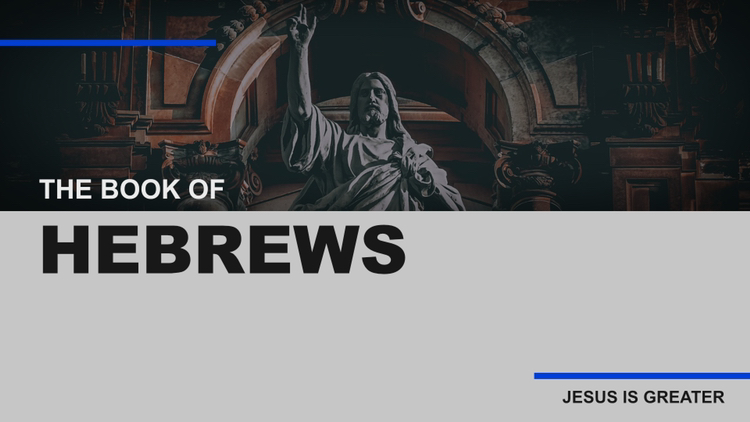
Hebrews 4:1-11
1 Therefore, while the promise of entering his rest still stands, let us fear lest any of you should seem to have failed to reach it. 2 For good news came to us just as to them, but the message they heard did not benefit them, because they were not united by faith with those who listened. 3 For we who have believed enter that rest, as he has said, “As I swore in my wrath, ‘They shall not enter my rest,’” although his works were finished from the foundation of the world. 4 For he has somewhere spoken of the seventh day in this way: “And God rested on the seventh day from all his works.” 5 And again in this passage he said, “They shall not enter my rest.” 6 Since therefore it remains for some to enter it, and those who formerly received the good news failed to enter because of disobedience, 7 again he appoints a certain day, “Today,” saying through David so long afterward, in the words already quoted, “Today, if you hear his voice, do not harden your hearts.” 8 For if Joshua had given them rest, God would not have spoken of another day later on. 9 So then, there remains a Sabbath rest for the people of God, 10 for whoever has entered God’s rest has also rested from his works as God did from his. 11 Let us therefore strive to enter that rest, so that no one may fall by the same sort of disobedience.
I think it is very possible that we have misunderstood one of the most famous verses of the Bible. I am speaking of Matthew 11:28. This will sound familiar to many of you:
Come to me, all who labor and are heavy laden, and I will give you rest.
I say I think we may have misunderstood this because most times this is spoken of in terms of Jesus giving rest to tired people, Jesus giving respite to weary people. The problem is not that that is wrong. The problem is that that is not enough. In reality, the “rest” about which Jesus speaks is much more than that. In fact, as we will see in Hebrews 4, it actually means “salvation.” Christ will give us the eternal rest of the Kingdom, the eternal rest of His presence.
In the early church, the fathers spoke of there being “three rests,” and they used our text as one of the texts to justify this. For instance, John Chrysostom said:
He says that there are “three” rests: one, that of the sabbath, in which God rested from works; the second, that of Palestine, in which, when the Jews had entered, they would be at rest from their hardships and labors; the third, that which is rest indeed, the kingdom of heaven, where those who obtain it do indeed rest from their labors and troubles.
That seems clear enough. The church father Theodore of Cyr was even more succinct about the three rests:
…first, the seventh day…second, the land of promise; and third, the kingdom of heaven.[1]
Yes, there are three rests: sabbath, promised land, and the Kingdom of Heaven. This means that the first two rests are preparatory for and types of the greater rests the surpasses them. In other words, Jesus offers something than neither the sabbath nor entry into the promised land could offer, as Hebrews 4 will bear out.
I want us to talk about the rest that Jesus offers. We need to listen and listen very closely to how Hebrews 4 unpacks this important issue. We will approach it by considering two main ideas that emerge from this passage.
